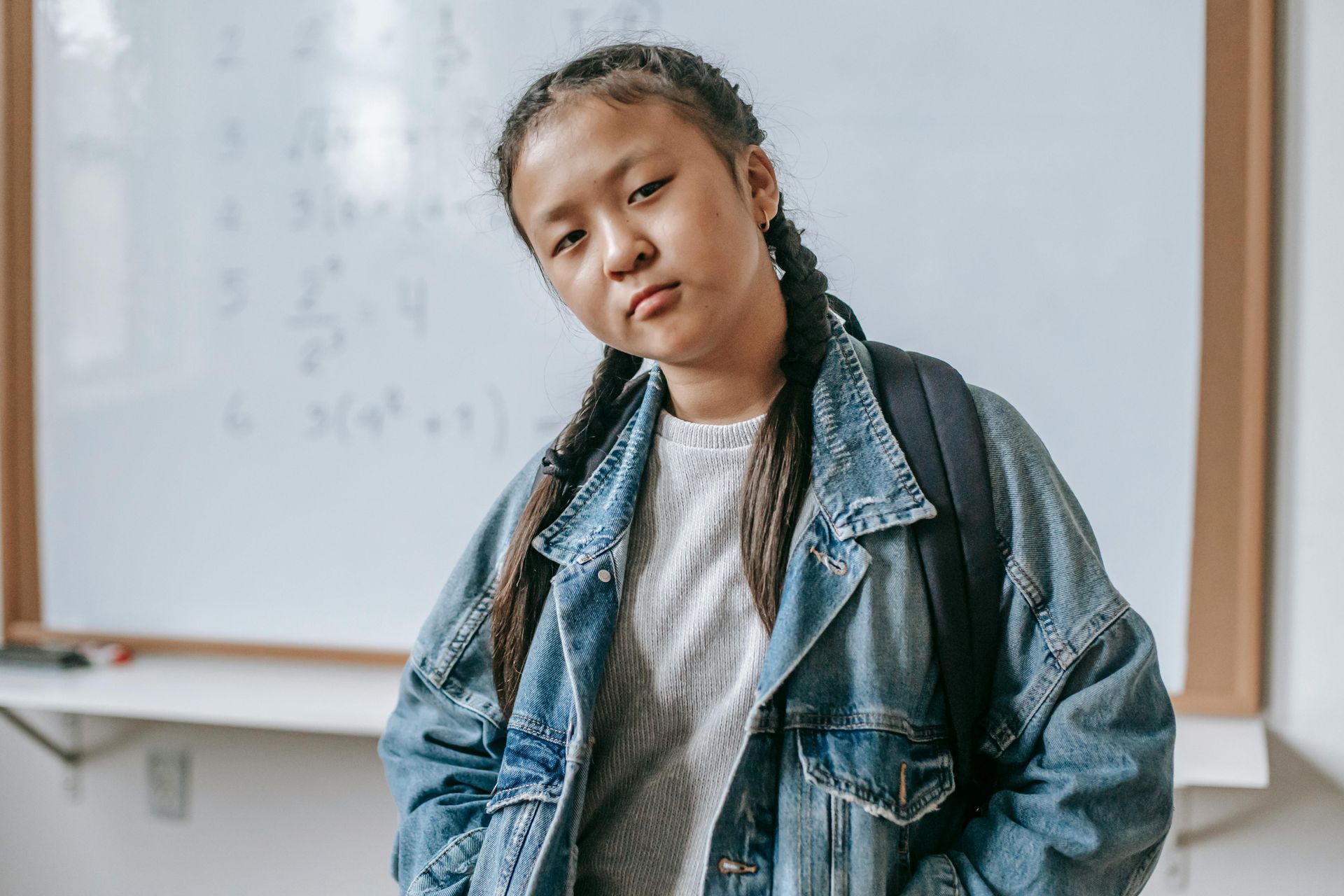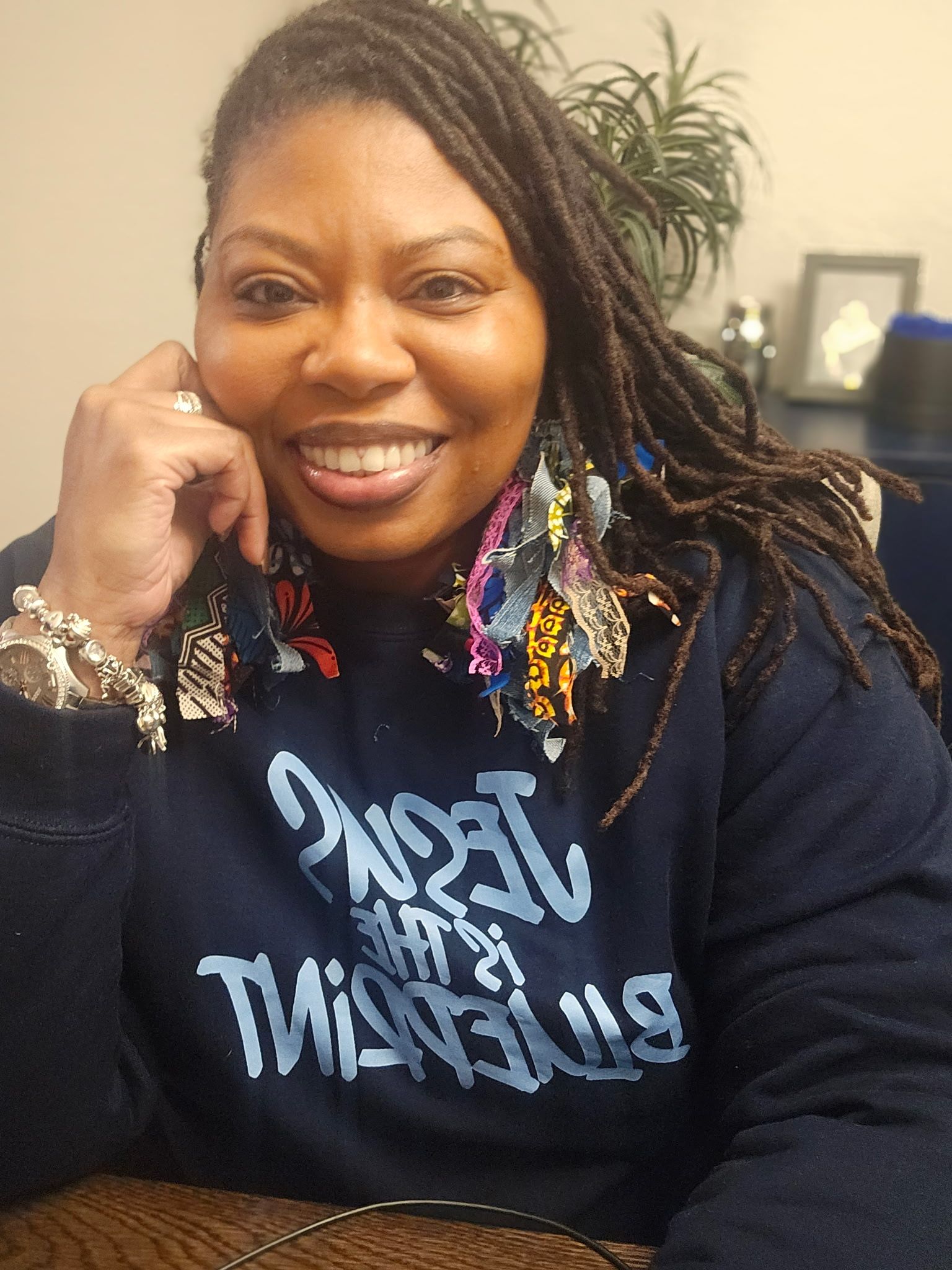October Advocacy Tip
Every month CASA publishes an "Advocacy Tip" to give Advocates the chance to earn 1 Hour of Ongoing Training Credit. Take the quiz at the bottom to earn your credit!
Collaborative Family Engagement (CFE)
What is CFE?
Collaborative Family Engagement (CFE) is an innovative Family Finding partnership between CASA and CPS. CFE uses a structured approach that is built around the fact that children have many blood relatives and other important connections that can be identified, located and engaged with. This approach can provide children and families with a dedicated support system that is meant to last even after CASA and CPS involvement. The CFE team works together to explore potential positive connections identified by the family. This team may include CASA, CPS, Attorney Ad litem, therapist, foster/fictive kin, parents, children, teachers, etc.
How Does CFE Work?
There are four elements, known as the four C’s, which are at the heart of CFE. They are Collaborate, Cultivate, Convene, and Connect. During the Collaborate phase, CFE uses teams and greater collaboration between systems to involve families and build networks. During the Cultivate Phase, CFE utilizes different tools and can be used to engage, connect and/or find families. During the Convene phase, families are brought together and are involved in the process using facilitated family meetings. During the Connect phase, the goal is connections and permanency; a lifetime network of supportive relationships is formed for the child and their parents.
Why Does CFE Work?
Knowing that every child in the child welfare system has experienced trauma to some degree, CFE strives to decrease long-lasting issues and help these children move on with their lives in a family environment. Working together to strengthen families helps provide accountability, safety, placement, permanency, and healing. CFE also recognizes children heal through relationships, and that every child has a family who can be found through perseverance.
Advocacy Tip Quiz









